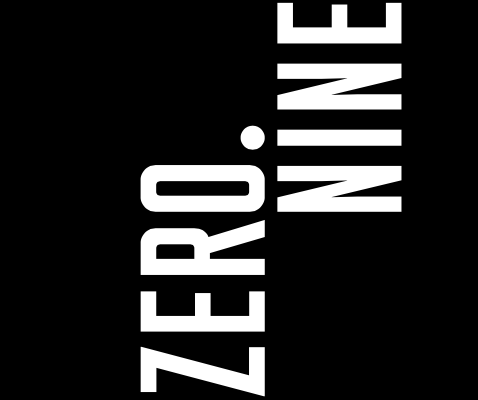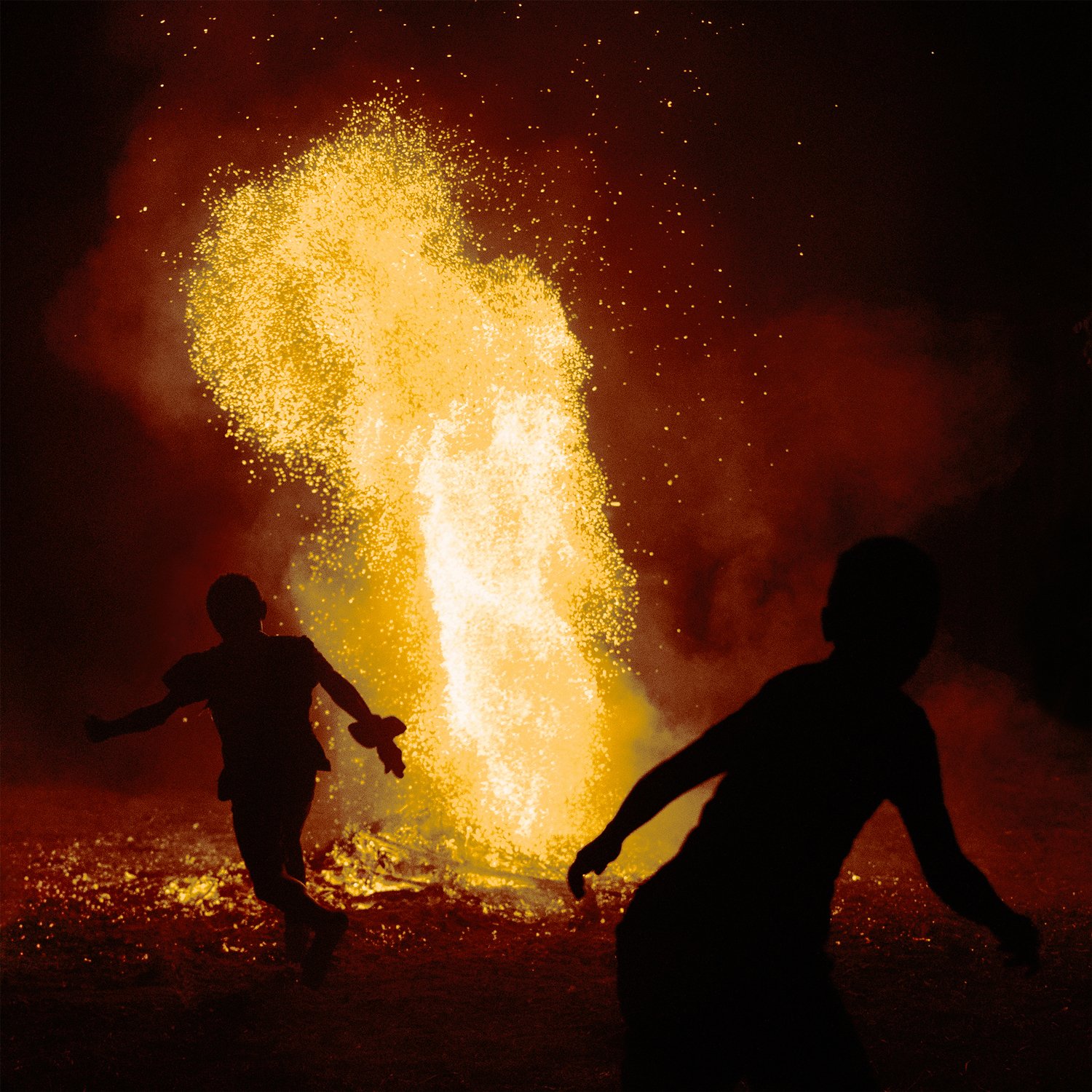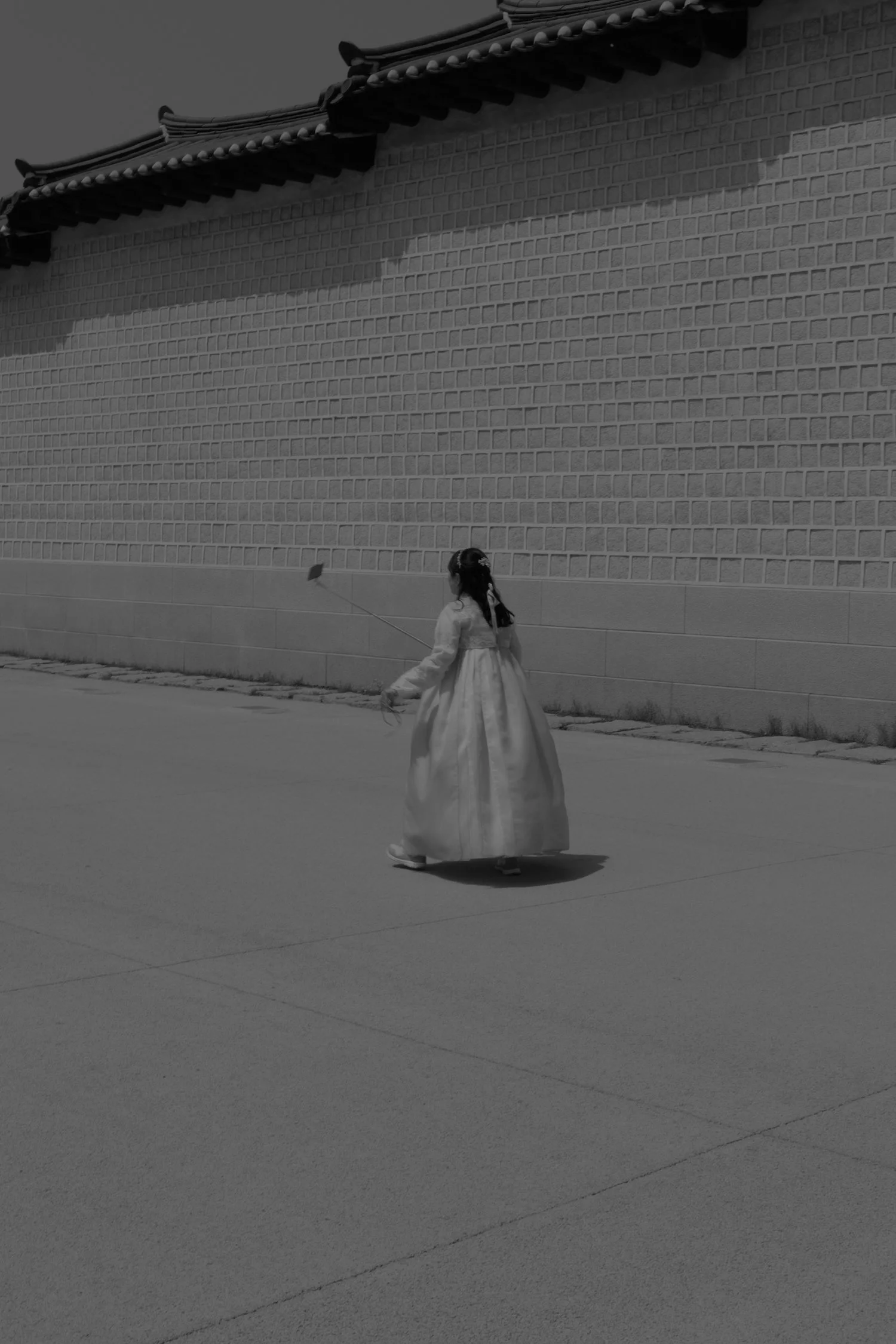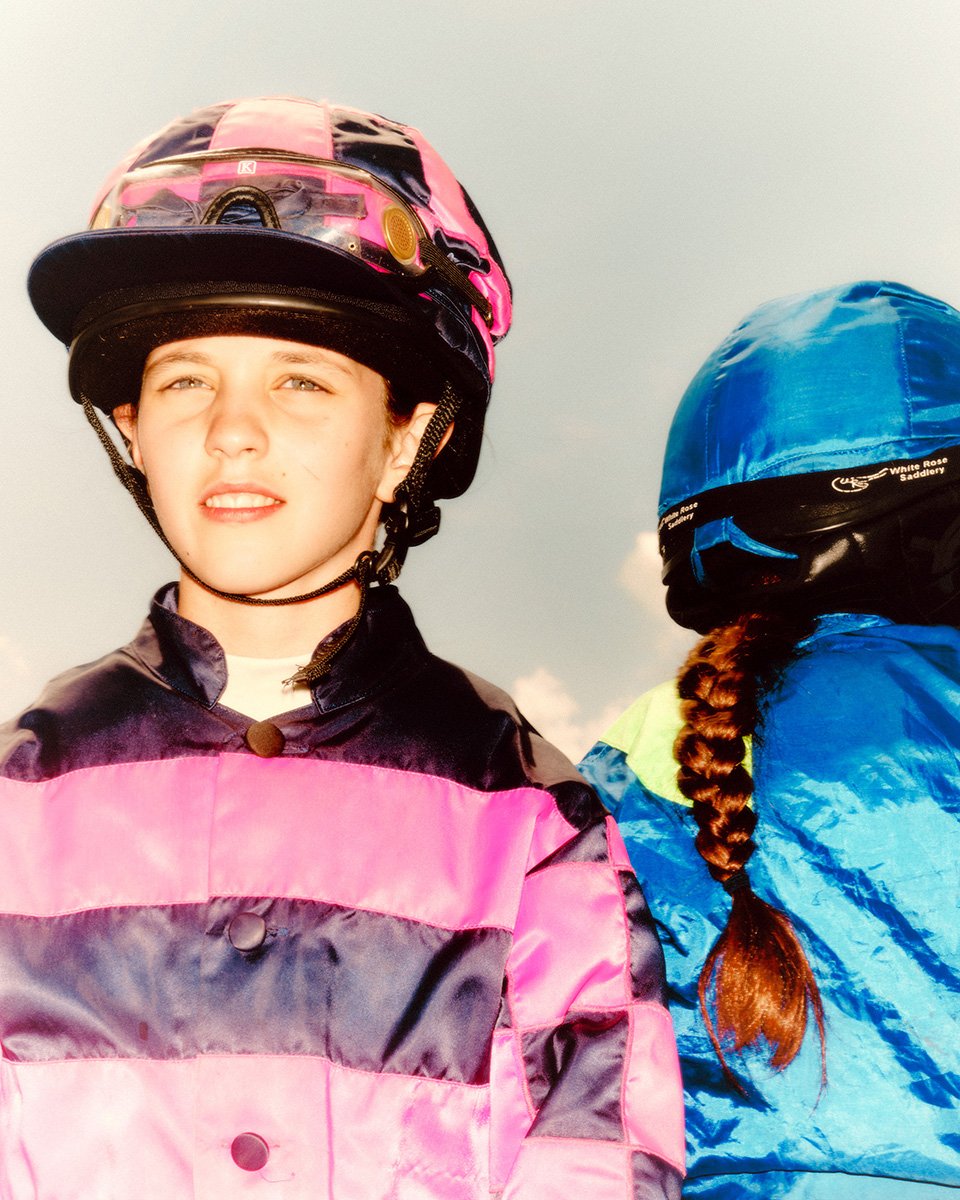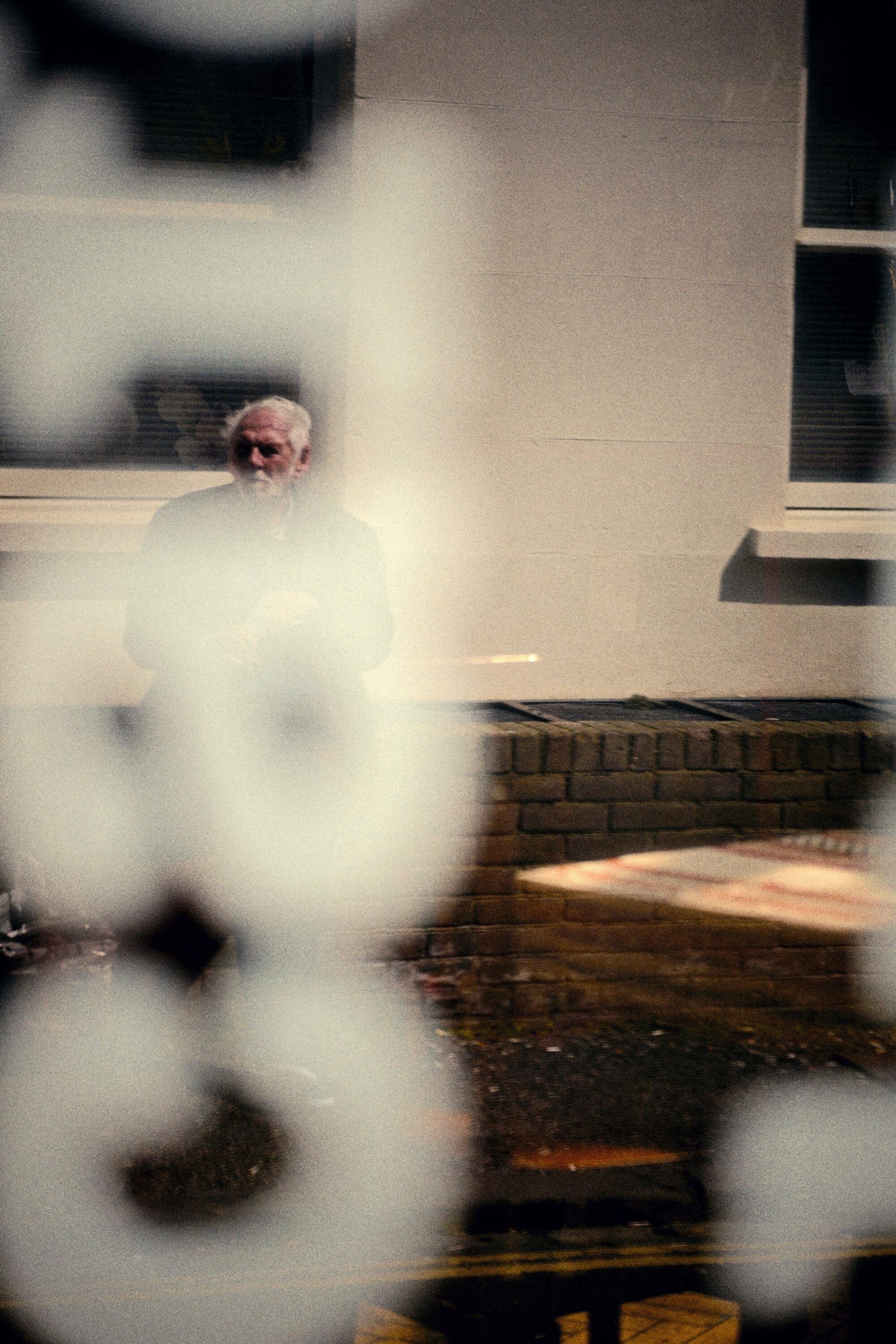Winona Oak: Poetry, Pain and Power
Winona Oak’s music moves like a storm—tender, raw, and powerful. Raised on the Swedish island of Sollerön, she brings poetic intimacy to everything she touches, whether it’s dance-floor euphoria or quiet grief. In this candid conversation, the singer-songwriter opens up about growing up in isolation, the healing power of poetry, creating her alter ego OAKS, and how art became her lifeline after loss.
Words & Photography JC VeronaHi Winona! Thank you for taking the time to talk to us. I read that you grew up riding horses on Sollerön, surrounded by nature. How has that environment shaped your perspective and your creative process?
I grew up in a tiny community where there were basically more animals than people. I had to create my own universe—my own fun—and that really pushed my imagination. There were no limits to what I could come up with. I think that shaped the way my brain works and the way I approach creativity.
I’m sure if I’d grown up in a big, busy city, my mind wouldn’t have developed in the same way. When you're constantly surrounded by people and noise, you don’t have space to build that inner world. I had to invent mine from scratch—and I still live in it.
You’ve been writing poetry since childhood. Who are some of your favourite poets, and do you still turn to poetry when working on music?
Yes, all the time! I write poetry whenever I go through something big, to vent out my heart. I find so much comfort in poetry, I find it very healing. I love reading poetry when I can’t sleep, I’ll just search for something beautiful I can connect to.
I think a lot of songwriters are poets. Patti Smith’s language is incredible. I also love Leonard Cohen, and Tove Ditlevsen—her writing is mesmerizing. Even though she wrote novels, her language feels like poetry. My mom gave me books by Swedish poets like Tomas Tranströmer and Karin Boye when I was younger. They stayed with me.
You’ve worked with Tiësto and other DJs. How does the high-energy world of dance music connect to your emotional world?
I think it’s an incredible way of expressing a different side of myself. When I write my own things they are usually more personal stories that are processing darker, deeper emotions. I just love that I have that other outlet where I can put myself to the side a bit and have fun.
It’s also a very empowering way of turning pain into something you want to dance and cry to at the same time. I can still use my experiences and pain but water it down a bit so it doesn't feel quite as heavy. I can reach out to people I wouldn’t normally reach. I still have my voice, and my lyrics, but can dance around doing it.
“Music saved my life. I had to rebuild myself from scratch.”
Tell us about your OAKS project. What inspired the shift into electronic sounds and the alter ego?
I love writing dance music, I’ve always listened to electronic music, and I wanted a whole project dedicated to that energy because it's so fun to be around all these people who have all this energy. They just want to dance, they just want to have fun. Um, they're not there to judge you. Everyone is just insane, high-energy level. Best crowds, you know.
How do you balance vulnerability and upbeat energy in your songs?
Well, I'm always vulnerable. There’s something beautiful about turning pain into something you want to cry and move to at the same time. Telling my story, using my experiences.
Grief has a way of reshaping how we see the world. After losing your mother, did your relationship with music change? Did it become a space for reflection, healing, or deeper connection?
Yes. I think music saved my life to be fair.
It wasn’t just the songs—it was the people I met, the friends I made, the safe space it gave me. Being able to cry, to shake, to tremble in a room full of people and still feel safe… that’s rare. Singing is healing. Science even backs that up.
Losing my mom changed everything. I had to rebuild myself from scratch. I thought I was going to die at some point because I just felt like it was impossible to live without her. But I also know that she would have wanted me to live my life to the fullest and to experience everything she thought that I deserved. She wanted me to have the world. She always supported me. So, I think without music and without my creativity, without having that outlet, poetry and the fashion, and everything that I do, my brain would go crazy. I don't think I could have handled grief. It's already heavy and some days are harder than others, but it's something I am going to have to live with for the rest of my life. I'm just eternally grateful that I have this outlet. It's like the most beautiful space, and the most beautiful people.
“You’re not here just to give—you deserve to receive too.”
You’ve become a voice of resilience and empowerment. How do you hope your music supports others through their own struggles?
I try to be honest and open, especially about the darkest things—grief, trauma, heartbreak. And when I meet people who connect to that, it’s beautiful. It creates this shared space where we’re not alone.
I just hope that people feel that they deserve the best and that things can be tough, and life is unpredictable and a rollercoaster, but we’re all in it. Everything can change from a day to another, it can change in a second, we never know, but we just have to try to make the best out of it and hold onto the people that make your life worth living. And you know let the music be the soundtrack to your journey.
Are there any female artists or mentors who have inspired your journey?
I think that every other week I get inspired by someone, like the way they dress or write or talk or sing or the way they use their music to tell their stories. There are so many incredible, incredible women you know, it's hard to choose a few. But musically, Björk, Patti Smith, Kate Bush, Nancy Sinatra… I’ve found so many inspiring female icons.
What’s next for you musically? Can we expect more collaborations or solo projects soon?
Yes! I'm finishing up a new EP right now that I’m really excited about. I have some fun collaborations coming up as well on the Winona Oak and OAKS projects. I'm always trying to develop my sound, not just only for the Winona Oak project, but also I want to tap into this new world. Growing musically, exploring new sounds, new worlds. I don’t think I’ll ever stop.
If you could give advice to your younger self — maybe that girl writing poetry on Sollerön — what would you say?
Oh I would give her a big hug. Big hug. Um, these questions make me so emotional.
I wasn’t good at setting boundaries with people, especially in relationships, it was putting everyone else's needs in front of my own, so I would just tell myself to be kind to yourself, and know your worth.
You can’t take care of other people until you learn to care for yourself. You are not put on this planet to only give and give and give, you deserve to get something back. So, know your worth, and things will be tough, things will be hard, but just take care of yourself, and never stop trying.
“There’s something beautiful about turning pain into something you want to cry and move to at the same time.”
About Winona Oak
Johanna Ewana Ekmark (born 8 October 1994), also known as Winona Oak and sometimes as Oaks, is a Swedish singer-songwriter. In 2018, she became known for her cover of the Haim song "Don't Save Me" and collaborative singles like "Beautiful" (with What So Not) and "Hope" (with The Chainsmokers).
To know more about Winona follow her on Instagram or listen to her on Spotify
